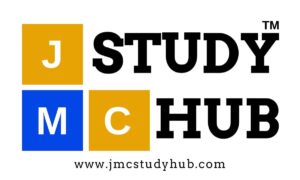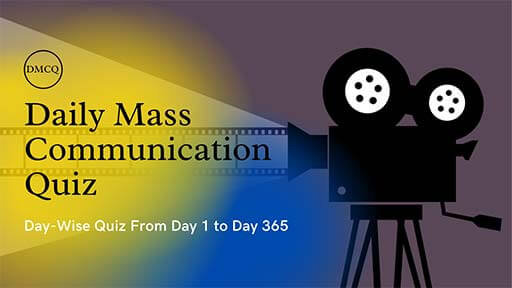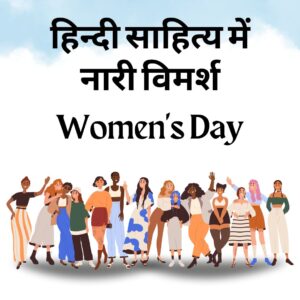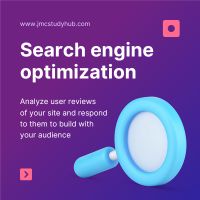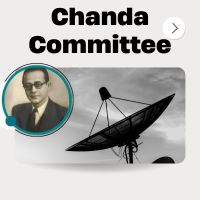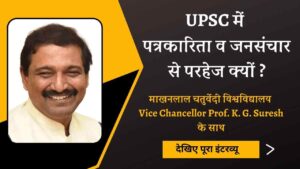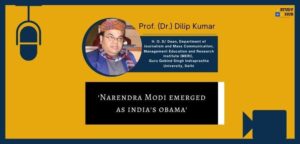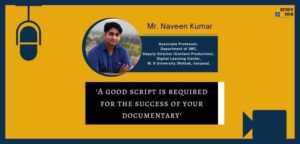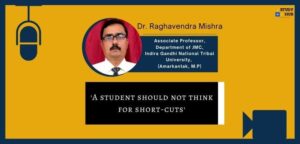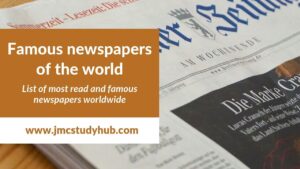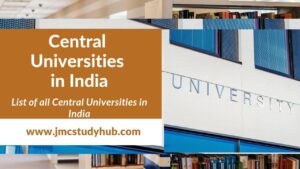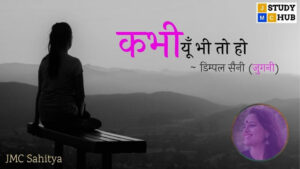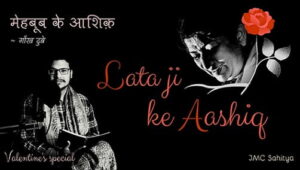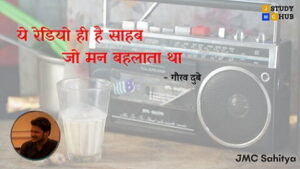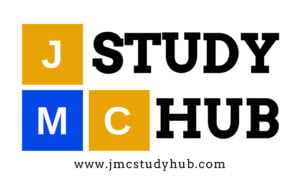Daily Mass Communication Quiz (DMCQ) boost your concepts through day wise solved quiz from the entire course of Journalism and Mass communication (JMC) with detail explanations.
Journalism and Mass Communication Objective Questions (DMCQ)
Q 1. Which of the following is not historically true for lord Macaulay?
(A) He was an English Jew
(B) He served England in the capacity of Member of Parliament
(C) Advocated Replacement of India’s Culture in 1835
(D) He started schools in British India
Correct Answer: (C) Advocated Replacement of India’s Culture in 1835
Explanation: The contributions of Macaulay in the history of Indian Education can be like he laid the foundation stone of the Western System of Education on the Indian Soil. He opened the door of Western Science and Literature for the Indians. He served on the Governor-General’s Council and was instrumental in making English the medium of instruction for higher education in India.
Q 2. Which of the following is not true for the New Education Policy 2020?
(A) Interdisciplinary research
(B) Non-accumulation of credits
(C) Education as economy booster
(D) Layered Accreditation system
Correct Answer: (B) Non-accumulation of credits
Explanation: The academic bank of credit (ABC) proposed in NEP 2020 will offer flexibility to students and executives to promote liberal education, according to draft rules prepared by the University Grants Commission (UGC). After the accumulation of credits, a student can redeem these in order to get any academic degree.
Q 3. Which of the following is not an inclusive research environment?
(A) Segregating class on the basis of gender
(B) Segregating class on the basis of research interest
(C) Making groups based on the continuous assessment
(D) None of these
Correct Answer: (A) Segregating class on the basis of gender
Explanation: Except A, rest option make inclusive research environment.
Q 4. Which is the desired expansion mode in an research environment?
(A) Horizontal
(B) Vertical
(C) Zig-zag
(D) Any of the above
Correct Answer: (B) Vertical
Explanation: Vertical is the desired expansion mode in an research environment. Similarly vertical expansion or acquisitions can also be used to increase sales and to gain market power.
Q 5. Research is
(A) An academic compulsion
(B) A culture
(C) Only for teachers
(D) None of the above
Correct Answer: (B) A culture
Explanation: Research culture encompasses the behaviours, values, expectations, attitudes and norms of our research communities.
Q 6. An ideal research proposal should:
(A) Explain the research problem
(B) Emphasize on the need of the same
(C) Review the previous literature
(D) All of these
Correct Answer: (D) All of these
Explanation: A research proposal is a concise and coherent summary of your proposed research. It sets out the central issues or questions that you intend to address. It outlines the general area of study within which your research falls, referring to the current state of knowledge and any recent debates on the topic.
Q 7. Which of the following body dedicated to funding the research proposals of Humanities and social Science?
(A) Indian Council of Medical Research
(B) Science and Engineering Research Board
(C) Indian Council of Social Science Research
(D) Department of Biotechnology
Correct Answer: (C) Indian Council of Social Science Research
Explanation: Indian Council of Social Science Research (ICSSR) was established in the year of 1969 by the Government of India to promote research in social sciences in the country.
Q 8. Which of the following should be avoided in a research proposal?
(A) Repetition of the work
(B) Plagiarism
(C) Non-disclosure of methodologies
(D) All of these
Correct Answer: ((D) All of these
Explanation: The following should be avoided in a research proposal:-
- Avoid empty jargon.
- Avoid repetition of work.
- Avoid plagiarism.
- Avoid non-disclosure of methodologies.
- Avoid using weak sources of information.
- Avoid including irrelevant material.
Q 9. Mathematics reveals its secrets only to those who approach it with pure love, for its own beauty” is the quote of
(A) Newton
(B) Archimedes
(C) Aryabhatta
(D) Einstein
Correct Answer: (B) Archimedes
Explanation: Archimedes of Syracuse was a Greek mathematician, physicist, engineer, inventor, and astronomer. he has given the quote “Mathematics reveals its secrets only to those who approach it with pure love, for its own beauty”.
Q 10. What is the meaning of circulation in the parlance of the print media?
(A) Number of editions
(B) Number of copies printed
(C) Number of copies sold
(D) None of the above
Correct Answer: (C) Number of copies sold
Explanation: A newspaper’s circulation is the number of copies it distributes on an average day. Circulation is one of the principal factors used to set advertising rates. Circulation is not always the same as copies sold, often called paid circulation, since some newspapers are distributed without cost to the reader.
